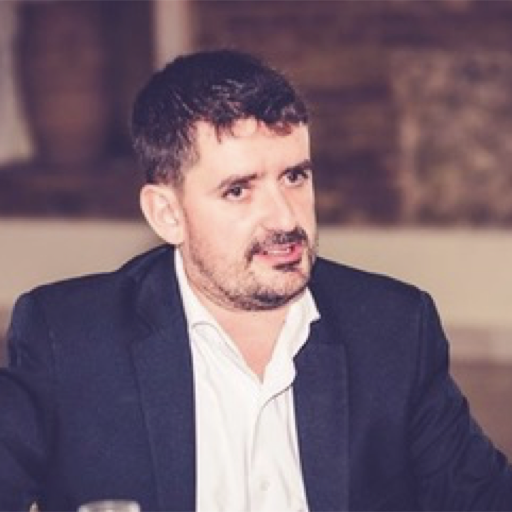
David Bernardo
| AREA | RESEARCH GROUP | INSTITUTE |
|---|---|---|
| Immunology | Mucosal Immunology Lab | Institute of Biomedicine and Molecular genetics (IBGM) |
Asturian and from Sporting, I graduated in Biology from the University of Oviedo where I also obtained the Diploma of Advanced Studies (now Master) in Molecular and Evolutionary Genetics. I joined UVa in 2005 as a pre-doctoral researcher in the Allergy and Mucosal Immunity group under the supervision of Drs. Eduardo Arranz and José A. Garrote. After a 6-month stay in 2006 at the Vrije Universiteit Medisch Centrum in Amsterdam, I decided to focus my work on the study of dendritic cells and macrophages in the intestine using flow cytometry. I defended my Thesis at UVa in 2008 on immunology of celiac disease, which allowed me to join with a Marie Curie contract in Prof. Stella Knight's lab at Imperial College London in 2009, first as a junior post-doc and later as a senior post-doc. In 2015, I accepted an offer to develop and coordinate the basic research laboratory of the Inflammatory Bowel Disease Unit at Hospital Universitario La Princesa (Madrid) under the supervision of Dr. Javier P. Gisbert, which allowed me to complement my training from a more clinical point of view. After obtaining a Ramón y Cajal contract, in 2019 I joined as Principal Investigator in the Mucosal Immunology laboratory of the IBGM, where I continue to develop my work and set up my independent research line.
I am passionate about antigen presenting cells (dendritic cells and macrophages) of the human intestinal mucosa, both in homeostasis conditions and in processes where these cells have lost their regulatory function and, on the contrary, mount an exacerbated immune response against certain dietary antigens (celiac disease) or commensal flora (inflammatory bowel disease). To this end, I have developed a wide network of work with the digestive and digestive surgery services of the University Hospital Río Hortega and the University Clinical Hospital of Valladolid, to obtain primary samples (blood and tissue) from patients with both pathologies. Thanks to the award of the last INFRARED call of the Junta de Castilla y León, we have incorporated a spectral cytometer with 5 lasers and 67 detectors that allows us to characterize the phenotype and function of these cells in depth. Specifically, we would like to identify the mechanisms by which monocytes and blood dendritic cells infiltrate the intestinal mucosa in homeostasis and inflammation, as well as identify the signals that cause them to differentiate into tolerogenic cells in the absence of inflammation but which, however, seem to be lost in patients with inflammatory bowel disease or celiac disease. Unraveling these mechanisms would allow us to delve deeper into the etiopathogenic bases of intestinal inflammation, helping to identify new therapeutic targets or even new biomarkers that allow a more efficient and rational management of these patients. Finally, and due to the crisis arising from the COVID-19 pandemic, our group has opened a new line of research where, based on our knowledge of human immunology, we intend to identify new biomarkers of prognosis in the infection, but also to characterize the immune response that develops following immunization (natural or artificial) against SARS-CoV-2.
My vision is that the symbiosis between translational researchers (as is my case) and clinicians is essential to deepen the knowledge of human pathologies. That is why in my group we do not use murine models or cell lines, focusing only on the study of primary samples of patients and control population. If we want research to have an impact on clinical practice, then we must dialogue with our clinical colleagues to understand their needs and try to respond to them from the laboratory.

